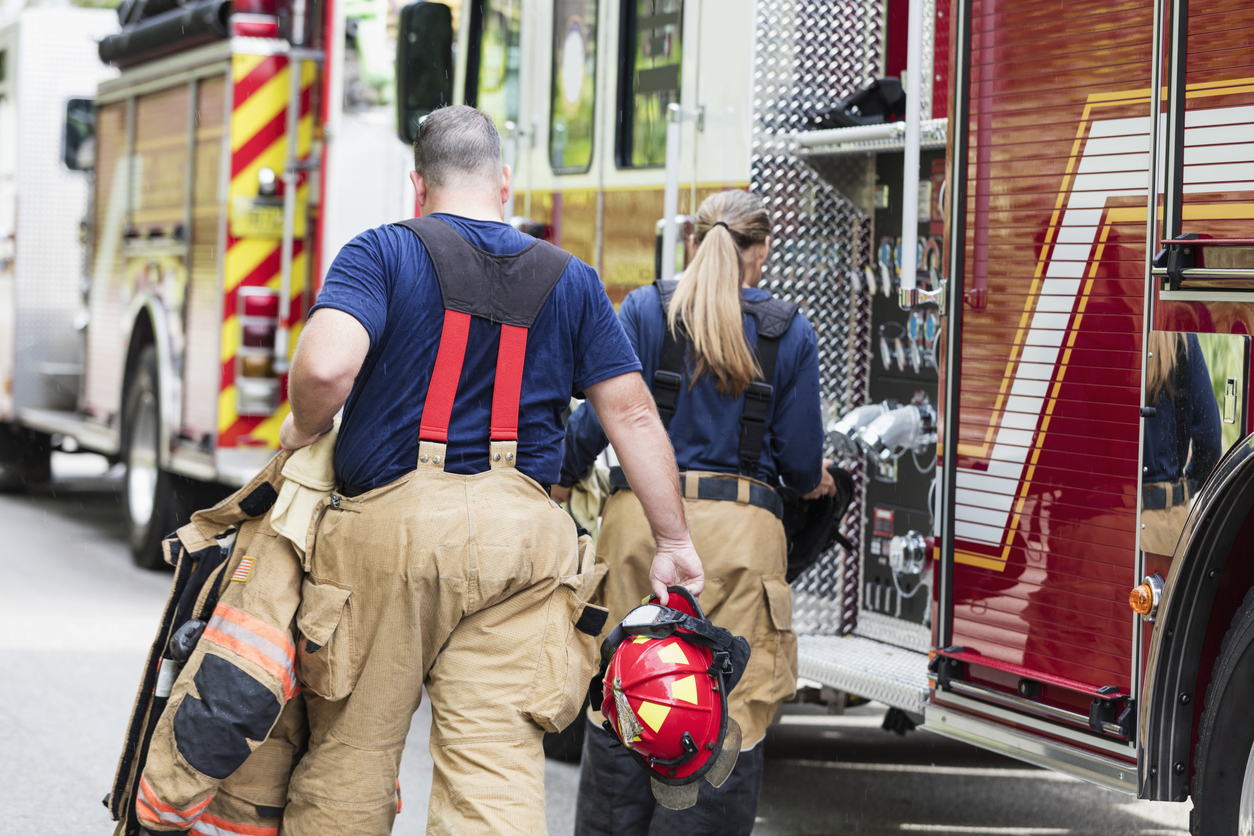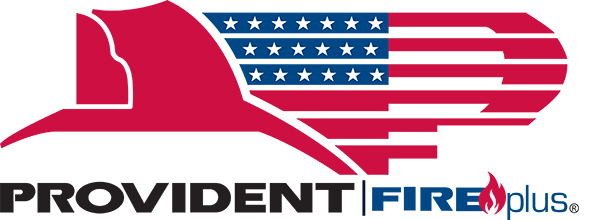
There are many tools to aid firefighters in doing their job safer, faster, smarter, and more efficiently. But the main tool that should be used in preparation. To be fully and completely prepared for arriving on a scene, it’s important that fire crews take the necessary steps beforehand in order to prevent accidents and protect others around them while simultaneously improving emergency response time.
Preparation is an important component of every firehouse as it helps to prevent mishaps and missed opportunities while arriving on a scene. From the recruits to the chief officer, being prepared for the unique challenges of emergency fire services requires a good deal of personal investment from crews and scene operations.
Here are some ways to arrive prepared and take care of what you can beforehand.
Personal Prep
More than 58,000 firefighter injuries occurred in 2018 with more injuries expected to be reported for 2019. A lot of these injuries can be prevented if firefighters take the time for personal preparation. This starts with being physically, mentally, and morally ready at the beginning of every shift. If something is off, whether it’s feeling down or feeling ill, it should be shared with the commanding officer right away.
All firefighters should be encouraged to get any information they will need about daily staffing changes and correspondence, as these could impact a schedule for the day.
Response Preparation
When a crew is dispatched, everyone should be made to be alert. With all the activity that occurs in a fire station, confusion may seep in. Ensure that everyone is listening so that they are clear on the information of a call, including special information around what to expect on scene.
Prior to leaving, ensure that the driver and officer understand where they’re going and the best way to get there. This will help cut out inefficiencies while in route. It’s also important to identify primary and secondary water sources, limiting the time it takes to get extinguishing tasks running.
Scene Preparation
Arriving on the scene, chief officers should take charge of the incident from the moment they arrive until the scene is completely clear and safe. The initial actions and assignments given on a live incident can set a foundation for the success or failure of a response.
When crews arrive, there are many different tasks that need to be taken care of right away. In order to meet a team’s objectives in an effective way, the best thing to do is to prepare to manage each scene as if it were the direst scenario. Giving a thorough scene evaluation will help give responders important information upfront as to what they have and what may be needed at the time of arrival.
Incoming units should be assigned tasks based on a strategy and attack plan. If crew members aren’t told what is needs to be done from the start, or on the way, they will either presume and jump into action potentially unprepared, which can lead to more damage and potential for injuries, or they will do nothing and wait. Knowing what to do and having the right understanding of a call will help to keep everyone’s objectives present and hold people accountable for the success of an incident’s response.
About Provident FirePlus
At Provident FirePlus, we offer custom tailored packages to best protect firefighters and volunteer firefighters. We understand the risks that emergency response teams are subjected to on a daily basis, and have worked to serve these dedicated professionals for over 87 years. For more information about our products and policies, we invite you to contact our experts today at (855) 201-8880.

